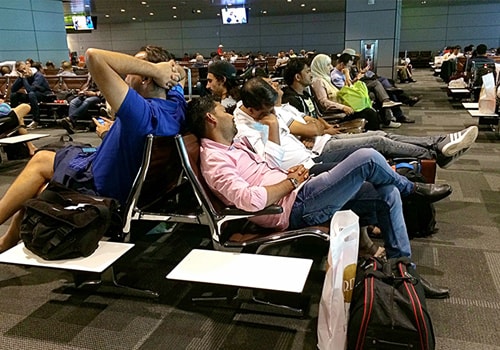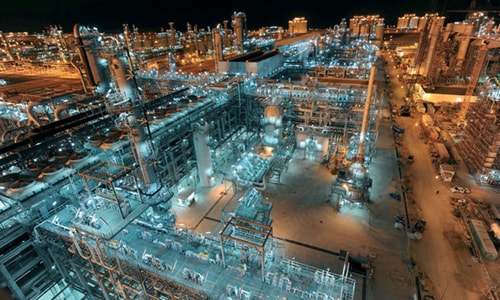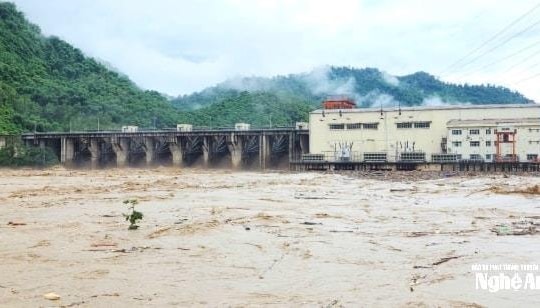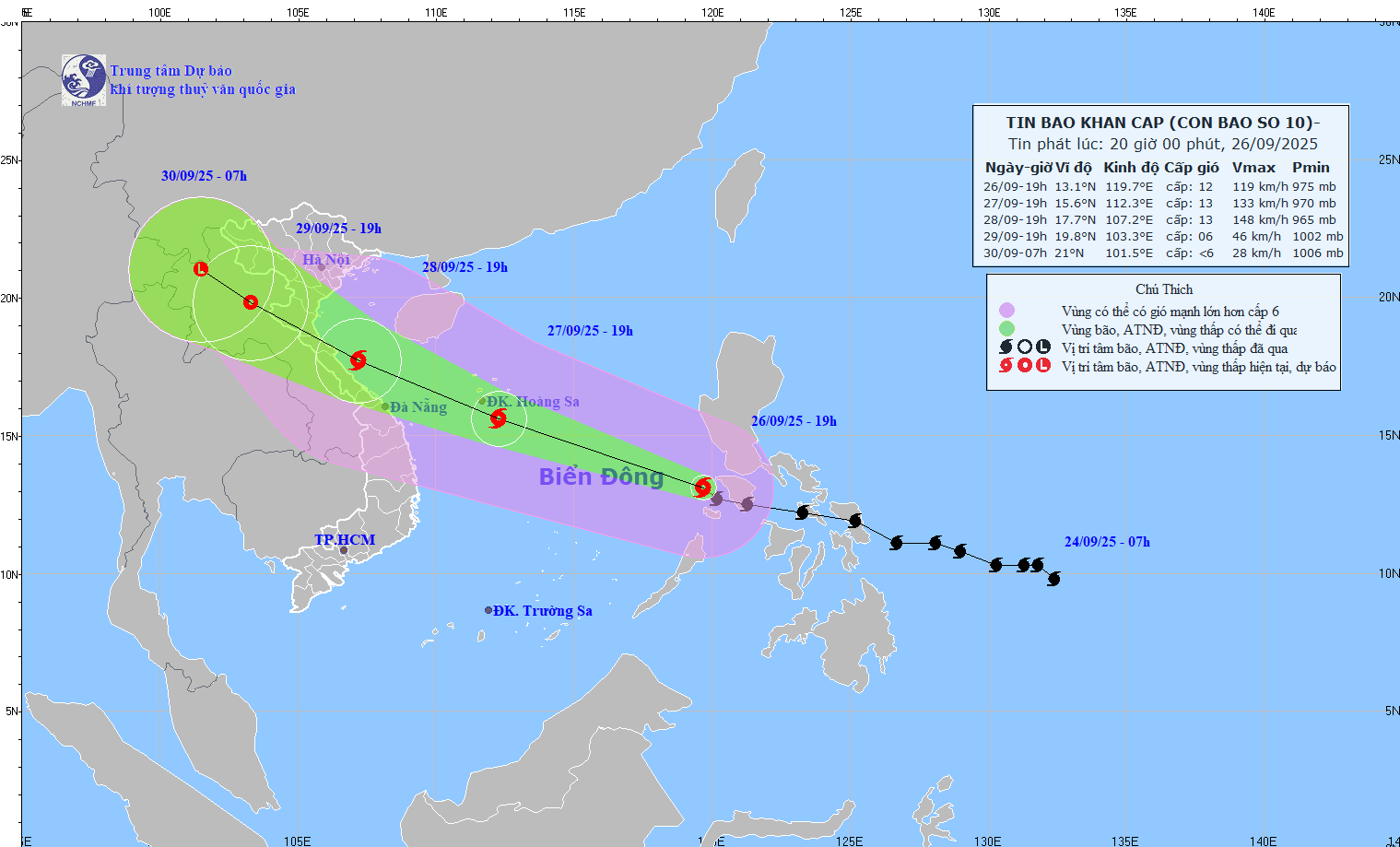Life in Qatar turned upside down by diplomatic crisis
Millions of people living in Qatar worry about an uncertain future after the Gulf nation was isolated by its neighbors.
Hatoon al-Fassi's child will sit his or her exams in three weeks, but after a series of Arab countries announced they were cutting diplomatic ties with Qatar, al-Fassi has just two weeks to get her family out of the country and her child will definitely miss the exam.
The political storm engulfing Qatar is beginning to affect millions of people living and working in this richest country.
Tensions between Qatar and its neighbors flared on June 5 when four Arab countries including Saudi Arabia, the United Arab Emirates, Bahrain and Egypt announced the closure of their borders, cutting off all cooperation, trade and travel by land, air and sea to Qatar, PhilStar Global reported.Arab countries have given their citizens 14 days to leave Qatar. The fate of some 30,000 Egyptians in Qatar is currently unclear. According toBBC, nearly 90% of the 2.5 million people living in Qatar are immigrants.
"The situation is very difficult. It seems like life has been turned upside down," al-Fassi said.
Not only has her children's education been affected, but al-Fassi's job has also become uncertain. She is currently a professor of women's studies and Gulf affairs at Qatar University.
Isolated on a small peninsula in the northeast of the Arabian Peninsula, Qatar imports 90% of its food, more than 40% of which is shipped across its land border with Saudi Arabia. Concerned that escalating tensions in the Gulf would deplete food supplies, Qataris have rushed to stock up, causing chaos in supermarkets and shopping malls.
Domestic economic impact
 |
Passengers at Hamad International Airport in Doha, Qatar on June 6. Photo: AP |
Qatar's stock market fell more than 7% at the end of trading on Monday.
Qatar's national airline was forced to divert flights to Europe over Iranian and Turkish airspace after Arab countries closed their airspace to all flights to and from Qatar. Qatar is a regional air hub. Last year, Hamad International Airport handled 37.3 million passengers, up 20% from 2015.
One of the sectors of Qatar’s economy that could be most severely affected is exports, which include goods such as machinery, electronics or livestock shipped by road to Saudi Arabia. According to the United Nations, Qatar’s exports to Saudi Arabia were worth nearly $900 million in 2015.
Qatar's service industry is also at risk of heavy losses, especially hotels and taxi drivers. People from neighboring countries often visit Qatar in large numbers during Eid al-Fitr, which takes place at the end of Ramadan. Not to mention, the 2022 World Cup in Qatar is expected to bring huge profits to domestic businesses.
In addition, according to the consulting firm Eurasia Group, if Qatar continues to be isolated, all efforts to become an economic and financial center in the Gulf country will be in vain. Inflation will reduce Qatar's credit rating and affect the value of the domestic currency.
John Sfakianakis, director of economic research at the Gulf Research Center in Saudi Arabia, said the unrest would spread beyond Qatar's borders.
"Investors want to see transparency. If this situation continues (for months), it will become a problem for the entire Gulf Cooperation Council (GCC)," said Mr. Sfakianakis. The GCC is a political and economic alliance of all Arab states in the Persian Gulf except Iraq.
Impact abroad
As the second richest country in the world after Luxembourg, Qatar's annual per capita income is about $129,700, much higher than the $57,300 income of the US, according to statistics from the Central Intelligence Agency.
Qatar invests heavily abroad through sovereign wealth funds estimated at $30 billion, concentrated mainly in major financial centers such as London, New York and Paris. The Qatari government owns many foreign assets through equity investments, from the Empire State Building in downtown New York City to Volkswagen to global banks such as Credit Suisse and Barclays.
Qatar's overseas investments have not yet been affected by the diplomatic crisis, experts say.
 |
Qatar's gas reserves are estimated to be exploitable within156 years. Photo:Reuters |
According to Oxford Business Group, Qatar is currently the world's fourth largest producer of dry gas and the largest producer of liquefied natural gas.
The United Arab Emirates imports a third of its natural gas from Qatar. Egypt also depends on Qatar for its liquefied natural gas supplies.
The diplomatic crisis in the Gulf will have a "limited impact" on the world crude market, according to Jason Tuvey, an economist at Capital Economics in London. With an output of 600,000 barrels of oil a day, equivalent to 15% of Saudi Arabia's total output, Qatar is "a relatively small producer," said energy expert James Brilliant, adding that the world crude market "will not be disrupted."
The Arab Gulf states have always prided themselves on their unity and solidarity, sharing many cultural values, heritage and history. The borders between the six Gulf states were only demarcated in 1971.
"Tribes, marriages, families (in the Gulf) are closely linked. It is difficult to draw a line between people. In my opinion, it is impossible," al-Fassi said.
According to VNE
| RELATED NEWS |
|---|







.jpg)
